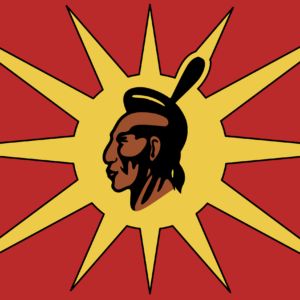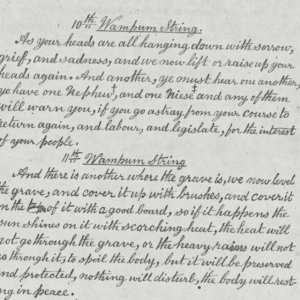
The Oka Crisis, also known as the Mohawk Resistance, was a 78-day standoff (11 July–26 September 1990) between Mohawk protesters, police, and army. At the heart of the crisis was the proposed expansion of a golf course and development of condominiums on disputed land that included a Mohawk burial ground.
Hundreds rallied to support the Standing Rock Sioux Reservation during the protesting of the construction of the Dakota Access Pipeline through unceded Lakota territory in 2016 to 2017. The Standing Rock protest was largely initiated by activist youth, later hosting supporting camps from across Indian Country.
Now Wet’suwe’ten has become a floodgate to open for more of the same indigenous activism.
But why?
On January 21 it was released that contrary to recent statements by Premier John Horgan, Coastal Gaslink (CGL) does not have its final permits to proceed with pipeline construction.
CGL is required to submit a report to the Environmental Assessment Office (EAO) addressing the impacts of the project and its proposed mitigation measures. The report is incomplete, as CGL failed to consider or even mention the Unist’ot’en Healing Centre. As a result, Unist’ot’en has requested that the EAO continue to withhold final permits for construction.
Coastal GasLink has been told by the B.C. government to consult further with members of the Wet’suwet’en who will be directly affected by the construction of a natural gas pipeline through their lands in northern B.C..
The province’s Environmental Assessment Office (EAO) has given both the company and the Unist’ot’en clan 30 days to hold additional talks before Coastal GasLink resubmits a final report on the area surrounding the Morice River near Houston, B.C..
But the Ministry of Environment says the company is still allowed to engage in pre-construction work already underway at that site while the talks are held.
In November of 2019, The Canadian National Railway will be laying off almost 2000 staff members. According to a report by the Globe and Mail, the Canadian National Railway Co. is laying off roughly 1,600 people, as freight volumes decline largely due to trade tensions and the overall weakening North American economy.
To provide some perspective, the company says it has about 24,000 staff. The lay off is nearly 7 per cent cut across the board. Today, despite the reveal of lay offs back in November, CN Rail now has switched up and points at the “protests” as the cause.
On Tuesday, Minister of Crown-Indigenous Relations Carolyn Bennett said that the Wet’suwet’en solidarity protests have become “intertwined” with a whole host of other issues that those demonstrating may have.
“There are people that are speaking up about their issues as well, but… the solution will be found in the Wet’suwet’en community as they come together with their vision of self-determination and how they can form a government and write their own laws,” Bennett said in an interview with Global News Ottawa Bureau Chief Mercedes Stephenson on Sunday’s episode of The West Block.
But that’s not why everyones protesting.
They are protesting to force action. They are protesting to force people to listen.
“The solution will be found in the Wet’suwet’en community,” isn’t working fast enough. The longer they are away from negotiations thanks to the RCMP, the sooner that pipeline will be constructed without even returning to the negotiation table.
And because indigenous people are always on the bottom of to-do lists for those that want to build pipelines through our lands, defenders have to think big like stopping the gravy boat to even be given an ear.
Those that are demonstrating outside of Wet’suwe’ten are ensuring that the world is paying attention, and in hopes that the Wet’suwe’ten can feel that added strength from them. Imagine knowing that your plight has the support of not only your own people, but nations across the country.
As allies, Haudenosaunee nations know the fight of land defence all too well.
And if people want to complain about not getting propane shipments, try to tell those woes to the indigenous nations that still don’t have access to clean drinking water.






